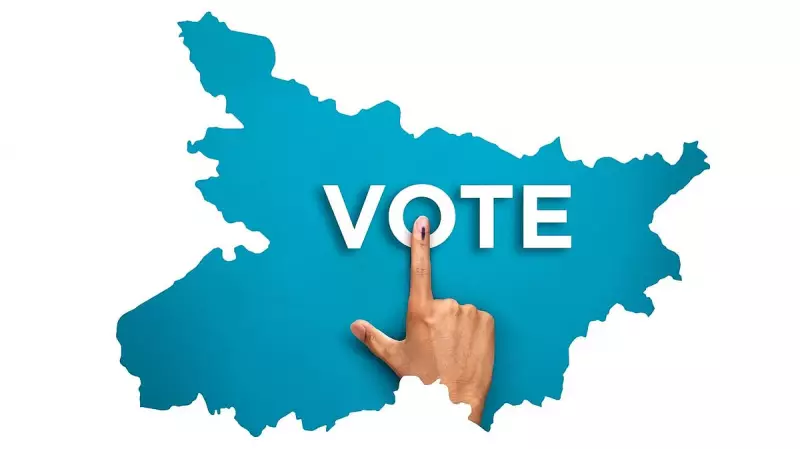
As Bihar gears up for another electoral battle, the state's persistent unemployment crisis has emerged as the dominant theme in political discourse. With millions of young people struggling to find stable employment, political parties are crafting their campaign narratives around job creation promises, turning economic distress into potent political currency.
The Employment Deficit in Bihar
Bihar faces one of the most severe employment crises in India, with official data revealing alarming unemployment rates, particularly among the youth. The state's economy, heavily dependent on agriculture, has failed to generate sufficient formal sector jobs, forcing millions to migrate to other states in search of livelihood opportunities.
Political Parties and Their Employment Agendas
Major political players in Bihar have positioned employment generation as their primary election plank. The ruling coalition emphasizes its existing employment schemes and skill development initiatives, while opposition parties highlight the failure of current policies and promise more comprehensive solutions.
Key Employment Promises Dominating Campaigns
- Massive government sector recruitment drives
- Enhanced skill development programs
- Incentives for private sector investment
- Support for entrepreneurship and small businesses
- Agricultural modernization to create rural employment
The Reality Behind Political Promises
While employment remains the central theme in election rhetoric, critics question the feasibility of many promises. Previous election cycles have seen similar commitments that often failed to materialize into tangible job opportunities. The challenge lies in creating sustainable employment in a state with limited industrial infrastructure.
Voter Sentiment and Employment Anxiety
For Bihar's young electorate, employment isn't just a political issue—it's a matter of survival and dignity. The frustration among educated unemployed youth is palpable, creating both an opportunity and a challenge for political parties. How these sentiments translate into votes will depend on the credibility of employment promises and past track records.
The Larger Economic Context
Bihar's employment crisis cannot be viewed in isolation. It reflects broader structural issues in the state's economy, including inadequate industrial development, educational gaps, and infrastructure deficits. Any sustainable solution requires addressing these fundamental challenges alongside immediate job creation measures.
As election campaigns intensify, the employment narrative will likely become even more pronounced. Whether these promises will translate into meaningful employment opportunities or remain mere political rhetoric is the question that hangs over Bihar's political landscape.






